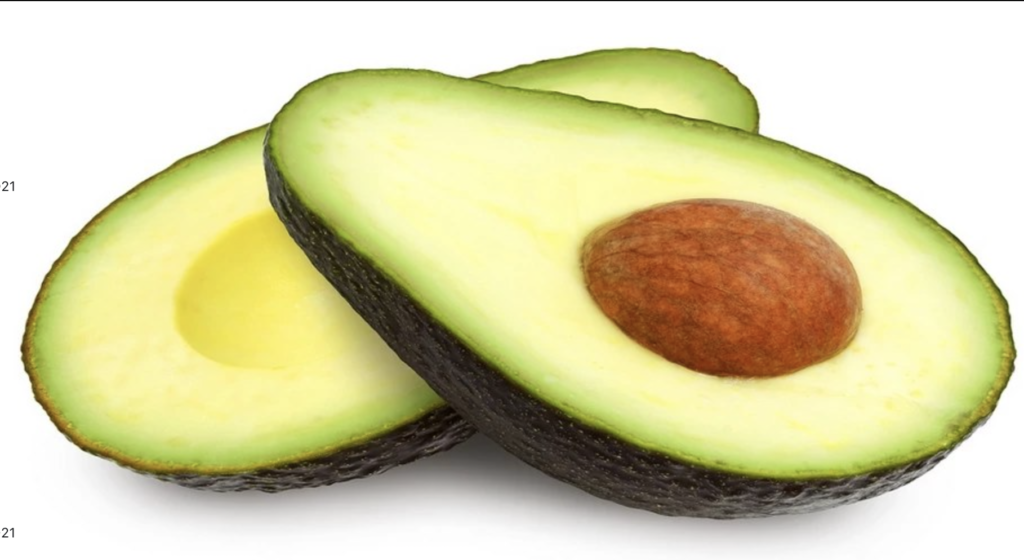What are the benefits of papaya or pawpaw?

Papayas contain high levels of antioxidants vitamin A, vitamin C, and vitamin E. Diets high in antioxidants may reduce the risk of heart disease. The antioxidants prevent the oxidation of cholesterol. When cholesterol oxidizes, it’s more likely to create blockages that lead to heart disease
This is a fruit which you come to love once you develop a taste for it. It is not everyone’s favourite, but those who love it find it hard to get by a morning without digging into a bowl of freshly cubed papayas.
The orange-coloured flesh is very tempting indeed, but what puts most people off, is the slightly bitter aftertaste that accompanies the otherwise sweet fruit.
This is the reason why children are often fussy about it and instead go for sinful mangoes, grapes, berries and the like. Have it on its own or team it with a mixed-fruit bowl, it is an energy booster.
You may encounter many varieties of papaya in a store, including:
- Kapaho solo (also known as puna solo)
- Waimanolo
- Higgins
- Wilder
- Hortus gold
- Honey gold
- Bettina
- Improved peterson
- Sunnybank
- Guinea gold
- Coorg honeydew
- Washington
HERE ARE SOME OF THE HEALTH BENEFITS OF PAPAYA (PAWPAW)
1. IT LOWERS CHOLESTEROL
- Papayas are rich in fibre, vitamin C and antioxidants that prevent cholesterol buildup in the arteries.
- Too much cholesterol build-up can block the arteries, causing a heart attack.
- But with pawpaw, the building up of cholesterol in the arteries, is made impossible.
2. IT HELPS BOOSTS IMMUNITY
- It is important to realize that your immune system is your first line of defence against various infections that can make you really sick. Amazingly, a single papaya can fulfil more than 200% of your daily requirement of Vitamin C, making it a great agent of a stronger immune system.
- Eating foods high in vitamin C can help to boost the immune system, allowing the body to fight off bacterial and viral illnesses.
- Papaya has a good amount of this antioxidant, making it part of an immune-healthy diet.
- Papaya is also a good source of Vitamin A, another important vitamin for a healthy and functional immune system.
3. GREAT EYECARE
- Papayas are rich in Vitamin A and flavonoids like beta-carotene, zeaxanthin, cryptoxanthin and lutein, which keep the mucous membranes in the eyes healthy, preventing them from damage.
- Also, the Vitamin A in pawpaw helps prevents the development of age-related macular degeneration
4. HELPS EASE MENSTRUAL PAIN
- Although this might sound a bit strange, it is true.
- Women who experience menstrual pain should help themselves to several servings of papaya because there is an enzyme in the pawpaw called papain.
- This papain helps in regulating and ease flow during menstrual periods.
5. PROMOTES HAIR GROWTH
- Apart from keeping the skin healthy, papayas are very effective for maintaining healthy hair.
- Vitamin A in them is utilized in the production of sebum, a compound that is crucial for keeping the hair smooth, shiny and moisturized.
6. ANTICANCER PROPERTIES
- Researchers have come to discover that papayas are effective against breast, pancreatic and other cancers.
- Lycopene is a natural pigment found in foods that are red or orange. Tomatoes, watermelon, and papaya are good sources of lycopene. Some experts believe that eating more lycopene reduces the risk of prostate cancer, but some studies have been inconclusive.
- However, in other studies, eating a diet high in lycopene along with green tea reduced the risk of prostate cancer significantly.
7. Digestion and Reduced Inflammation
- The papaya fruit contains two enzymes, papain and chymopapain. Both enzymes digest proteins, meaning they can help with digestion and reduce inflammation. Papain is an ingredient in some over-the-counter digestive supplements to help with a minor upset stomach.
- Both papain and chymopapain also help to reduce inflammation. They may help with acute pain, like those from burns or bruises, and they can help with chronic inflammatory conditions like arthritis and asthma.
SOURCES:
- Nutrients: “Vitamin C and Immune Function.”
- Nutrition Journal: “Role of homocysteine in the development of cardiovascular disease.”
- Produce for Better Health Foundation: “How much Maradol papaya can a diabetic person eat?”
- Purdue University Center for New Crops & Plant Products: “Papaya.”
- University of Nebraska-Lincoln Institute of Agriculture and Natural Resources: “Allergenic Foods and their Allergens, With Links to Informal.”
- The World’s Healthiest Foods: “Papaya.”



